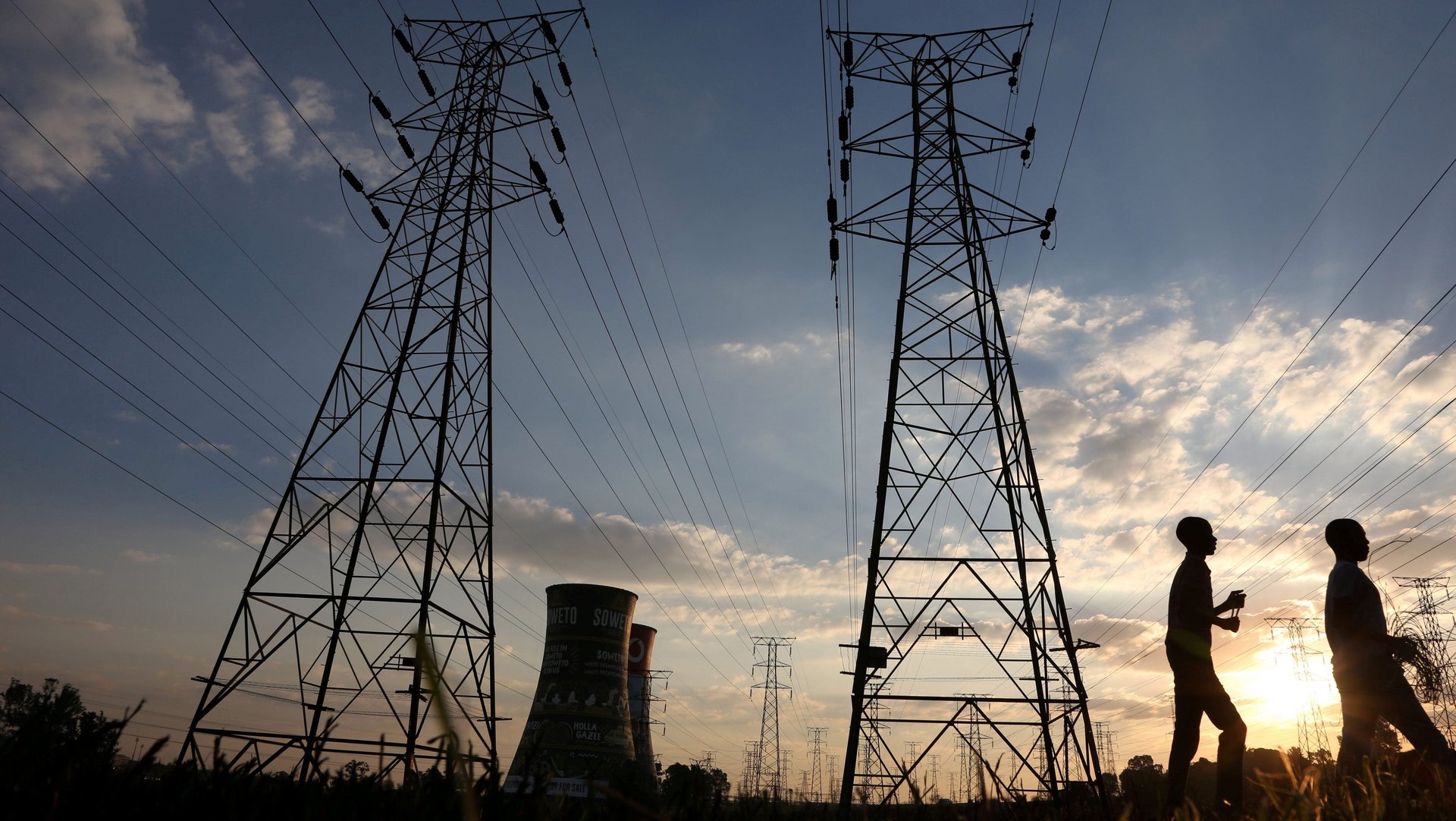The global pandemic is hobbling Africa’s progress in boosting access to electricity
The number of people living without electricity in Africa is set to increase for the first time in eight years.


The number of people living without electricity in Africa is set to increase for the first time in eight years.
In the wake of the economic effects of the Covid-19 pandemic, latest data from the International Energy Agency’s (IEA) World Energy Outlook shows the continent’s meager progress in improving electrification will be reversed. In fact, the population living without electricity in Africa is predicted to fall back to 2016 levels.
As they juggle pressing health and economic crises while tackling the effects of the Covid-19 pandemic, several African governments are facing significant financial shortages. It’s a reality that has left key utilities shorn of vital resources to sustain the momentum of improving access to electricity.
It remains unclear just how quickly recovery can be expected given lingering uncertainties about the pandemic. For instance, outbreaks of “second wave” spikes in Covid-19 cases in Europe and North America are currently forcing a rethink of recovery timelines. And even though African countries have been less affected by the pandemic, they are still likely to feel the full effects of the global economic after-shocks from the pandemic. One of those effects is expected to be an increase in poverty levels as spiking unemployment and looming recessions in Africa’s largest economies will see over 100 million people unable to afford basic electricity services, IEA estimates.
Even though Africa still accounts for three-quarters of the global population without electricity, the slow decrease in the number of people living without access to electricity across the continent over the past decade has been a marker of progress. But the progress has come partly on the back of growing proliferation of off-grid energy startups looking to deliver solar-powered solutions.
With national grids typically unable to generate and distribute enough power to match growing local demand, off-grid systems offer the prospect of cheaper, reliable and sustainable sources of electricity supply. And given the existing market opportunity and the enduring barriers to improving electrification, including the cost of connections and revamping overwhelmed national grids, renewable and off-grid energy companies are proving a big draw for global investors: they accounted for 12.2% of total funding raised by African startups in 2019.
Sign up to the Quartz Africa Weekly Brief here for news and analysis on African business, tech, and innovation in your inbox